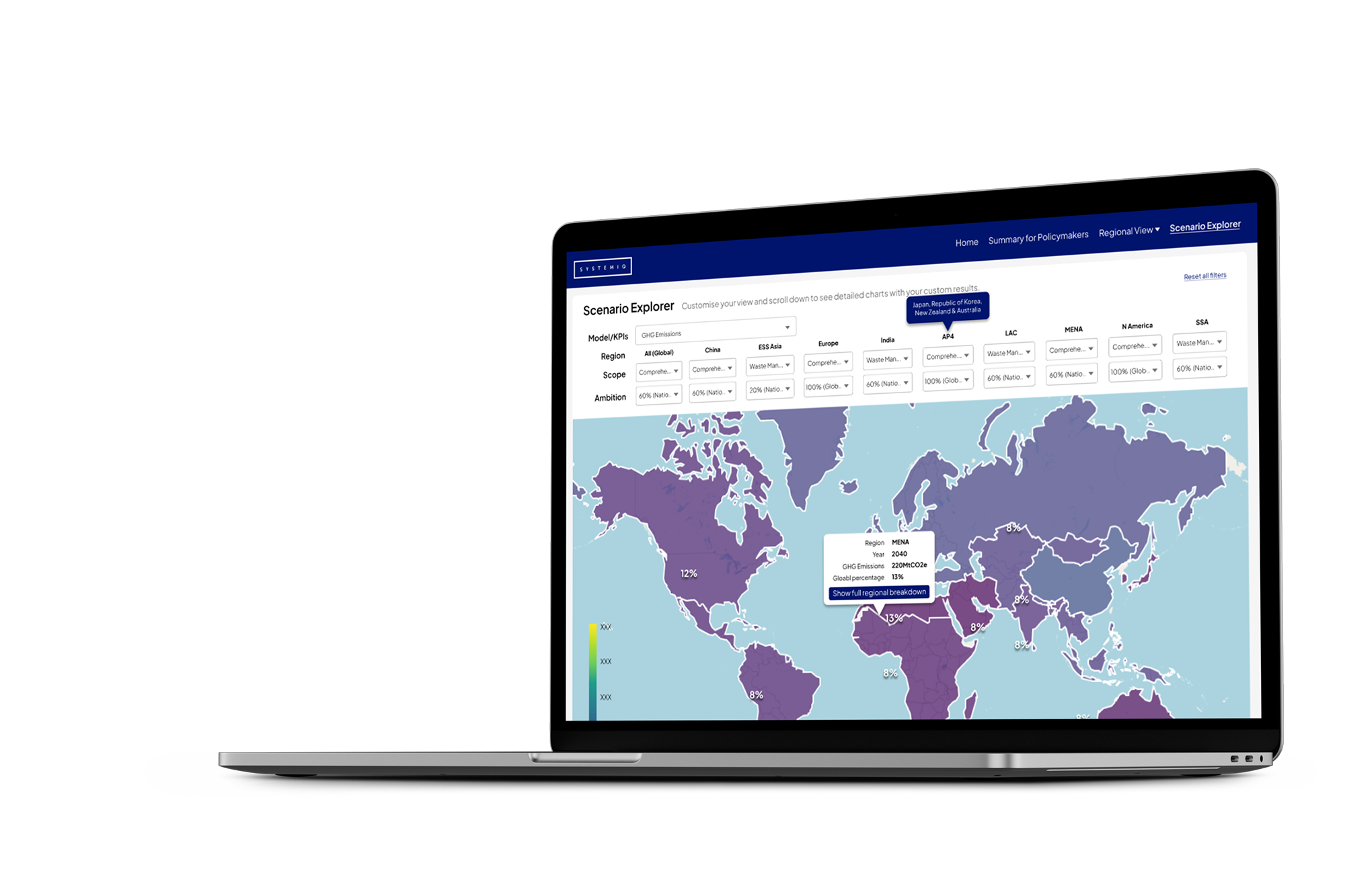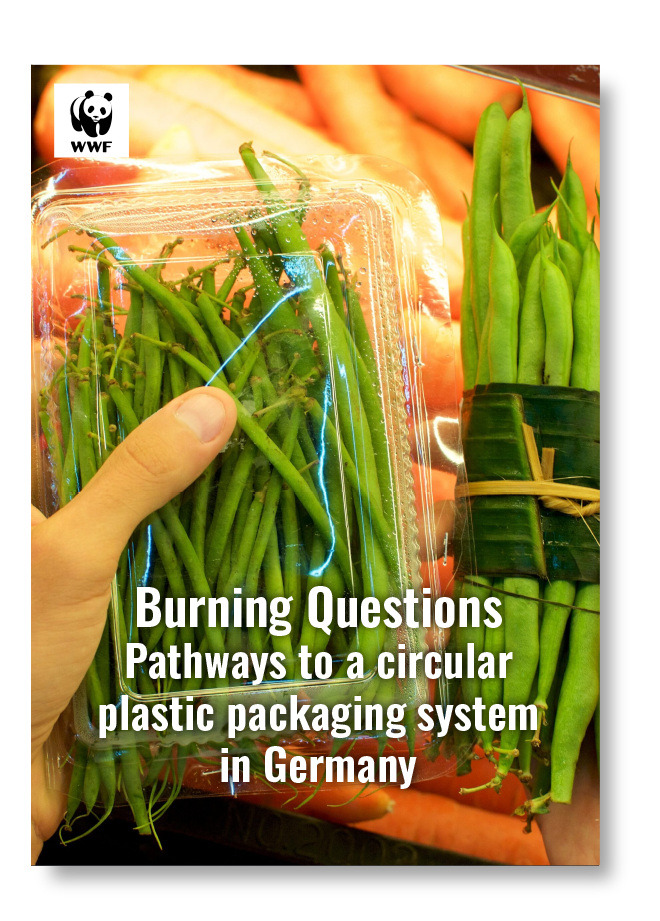The report Plastic Treaty Futures provides negotiators with a comprehensive analysis of distinct scenarios for the legally binding instrument on plastic pollution. Through detailed modelling, it illustrates the environmental and economic ramifications of varying levels of intervention and the stark contrast between action and inaction.
The findings reveal that comprehensive measures spanning the full plastic lifecycle, supported by international collaboration, are not only essential for significantly reducing mismanaged plastic waste and greenhouse gas emissions by 2040, but also economically advantageous. The report advocates for a balanced approach that addresses the need for both environmental stewardship and economic efficiency, aimed at lighting a path towards meeting the objective of ending plastic pollution set by United Nations Environment Assembly Resolution 5/14 and ensuring a sustainable future.
For further information on this study please contact [email protected]









